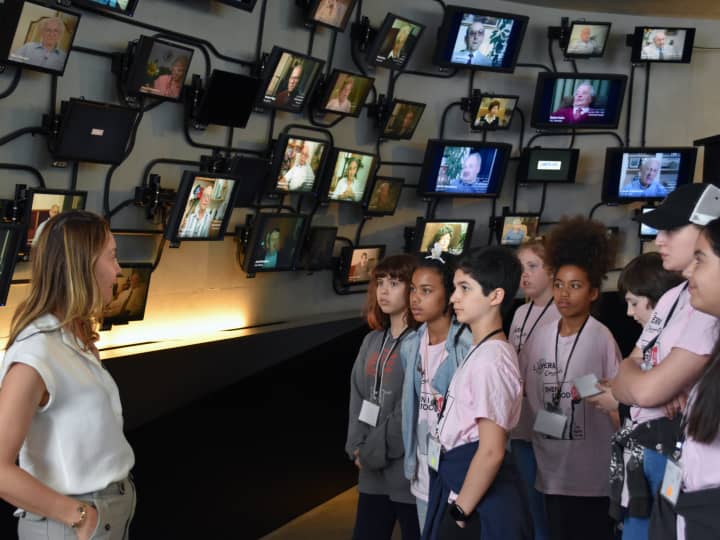Work hard, play hard? Not at Opera Camp. We have so much fun that we forget it’s work. Samuel Bindschadler, a past camper, tells us about his experience from a few years ago in Then I Stood Up: A Civil Rights Cycle (which also happens to be this summer’s production).
Envision yourself on stage. You’re in character, singing a role you love, and connecting with hundreds of audience members. You’ve worked hard for this moment and it’s more wonderful than you could have ever imagined. It also doesn’t feel like work, because you’ve enjoyed every minute.
This is how I feel every year during LA Opera’s summer youth program, Opera Camp. It’s some of the most rewarding “work” I’ve had the pleasure of doing. This year, I will participate in the camp for the fourth time, for which I am immensely grateful. Over the past few years, I have learned so much from amazing teaching artists and directors (particularly Eli Villanueva, Leslie Stevens, and Karen Hogle Brown) and even Maestro James Conlon.
The camp only lasts two weeks, but it is an intense two weeks. It never ceases to astound me how quickly the camp passes and how much I learn in such a short period of time. Few words can do justice to how working with Eli, Leslie, Karen, and all of the other magnificent performers and teaching artists enhance my (and other kids) knowledge of acting, singing, performance, and an artist’s responsibility. Whether through the lyrics of Hans Krása in Brundibár—in which, in 2011, I played “Little Joe,” a young man, who seeks out aid from unwilling adults to save his ailing mother—or Then I Stood Up—in which, this year, I will play the role of Pastor Jim—LA Opera always makes sure we learn both about performing and the history behind each opera.
LA Opera does this from the very first day, where it quickly becomes clear singing just scratches the surface as to what your job is as a performer. Students learn the historical context behind the reason each and every character decides to pursue the courses of action that they do, and what the historical significance is behind their actions. Students even have the rare opportunity of visiting some of the most prominent museums in Los Angeles County, including, but not limited to, the Japanese American National Museum and the Museum of the Holocaust.
LA Opera’s staff thoroughly provides insight on the lives of those to whom the operas reference, whether they be historically fictitious characters from the very real life of artist and educator Friedl Dicker-Brandeis (Friedl), or the fantastical lives of Akiko and her spirit companions in the extreme conditions of the Arizona desert, wherein government officials wrongfully imprisoned thousands of Japanese Americans in inadequate internment camps (The White Bird of Poston). Some of the people in the stories we share have had family in the country for decades; some are only first generation citizens; and some are newly-arrived immigrants; notwithstanding their legal status, these people are all people nonetheless—a truth some have difficulty accepting, motivating us to share their stories and discourage further prejudice.
The educational journey is nothing short of a phenomenon, considering that the people portraying these disenfranchised citizens of a country founded on freedom are children. In the summer of 2015, LA Opera put on an abridged rendition of Then I Stood Up: A Civil Rights Cycle. It explored every aspect of the four works, respectively, and it also exceeded my wildest expectations of the capabilities of adolescent performers, myself included. It is my dearest hope that Opera Camp will continue to gather a following of like minded individuals, intent on sharing the stories they have come to know over the course of an ephemeral but memorable two weeks—weeks which I, myself found to be some of the most enriching weeks of my life.
Find out about this summer’s Opera Camp (now a three week program!) here.








